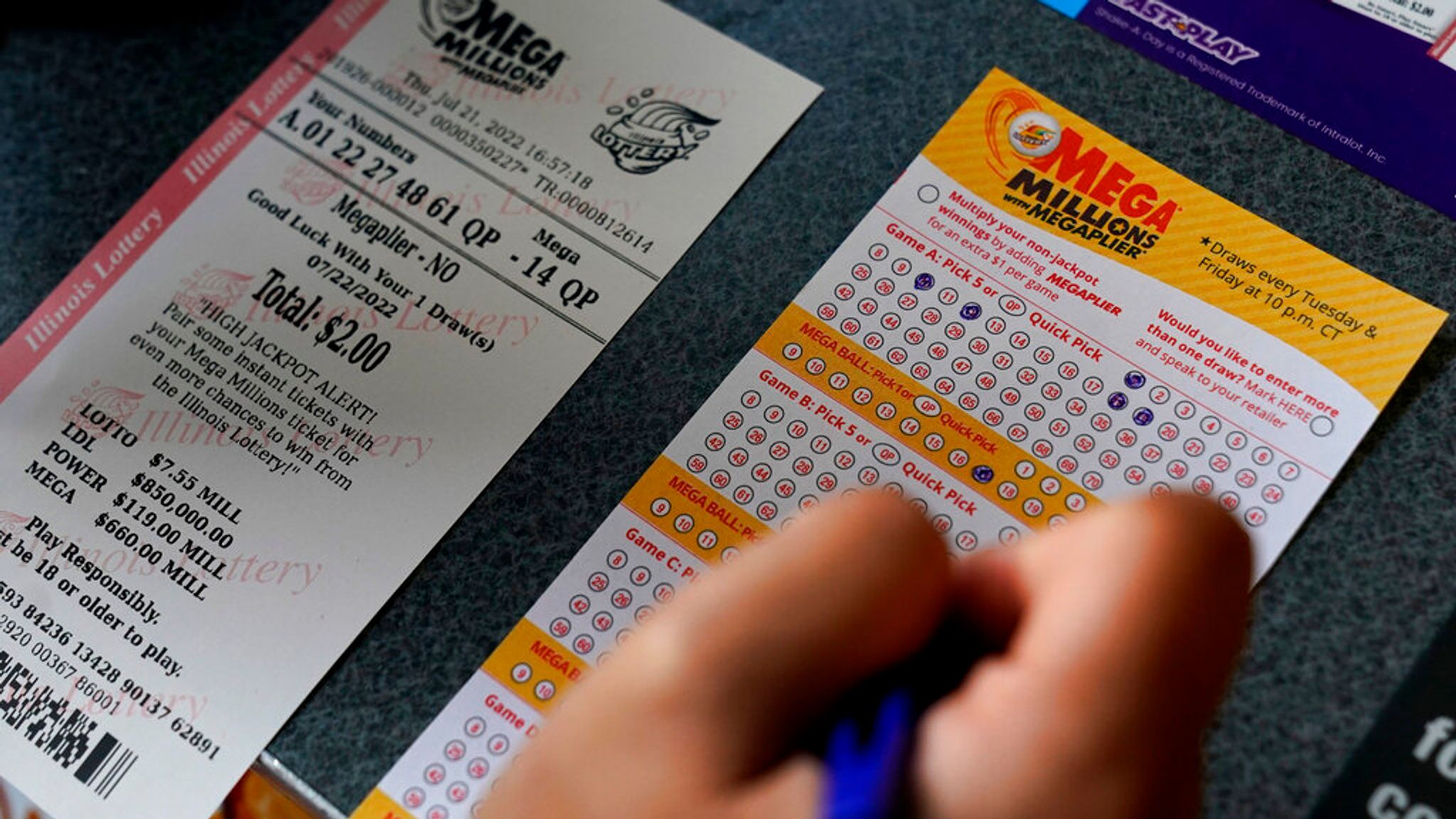
The lottery is an event in which numbers are drawn at random to determine the winners of a prize. Lotteries are a common source of funds for public projects such as bridges, highways, and schools, and have been used by governments to finance military campaigns and other public needs. Lotteries have also been controversial, prompting criticism of their regressive impact on lower-income groups and the problem of compulsive gambling.
The basic elements of a lottery are as follows: First, there must be some means of recording the identities and amounts staked by each bettor. This may take the form of a written ticket, which is deposited with the lottery organization for subsequent shuffling and selection in the drawing, or it may be an electronic system that records each bettor’s choice and returns a receipt with the results.
Second, there must be a pool of prizes from which to select winners. This pool normally includes the costs of organizing and promoting the lottery, along with a percentage for profits and revenues. The remaining prizes must be balanced between few large prizes and many smaller ones, which attract more potential bettors.
Third, there must be a way to determine the odds of winning. This can be accomplished by using a table to calculate the probability of each outcome, or by simply counting how often each number appears and finding the groupings of singletons (numbers that appear only once). Once this information is determined, the bettor can then choose whether to play.

